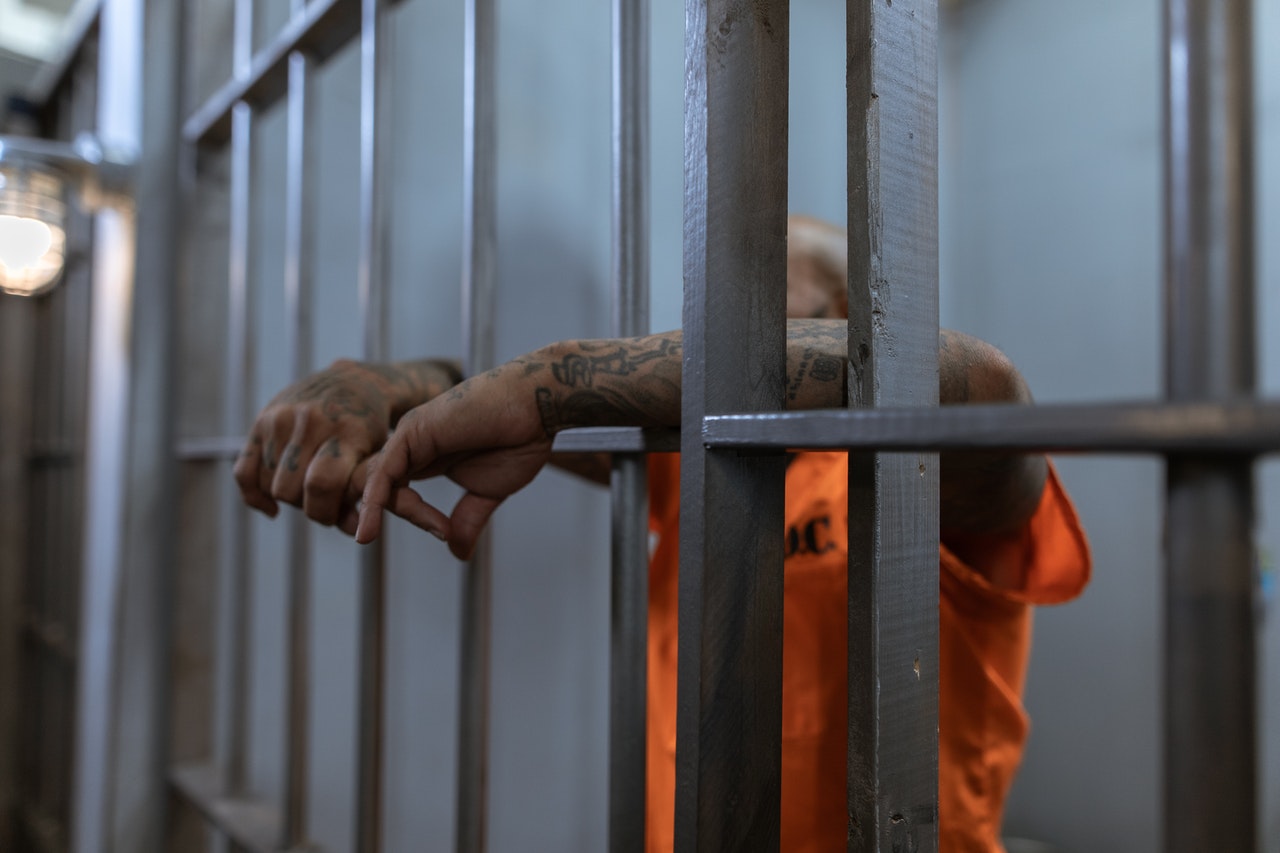The cost to the French taxpayer to accommodate foreign national convicts in France’s penitentiary system is approximately €700 million each year, according to government data and media reports.
Statistics published in October of last year revealed that 17,198 foreign nationals were incarcerated in French prisons, approximately 25 percent of the total prison population and a figure which has soared from 17.2 percent in 2011.
The constantly rising tally has increased the burden on the budget of the penitentiary system and as a result, on the French taxpayer. With Le Figaro reporting the average cost of incarcerating a prisoner in France as being €110 per day — taking into account meals, water, heating and staffing costs — the total cost of housing the foreign prisoners now exceeds €700 million per year.
[pp id=5862]
Among the foreign nationals most present in French prisons, approximately 56 percent originate from Africa — 3,472 come from Algeria; 2,220 from Morocco; 1,117 from Tunisia; and 2,984 coming from the remaining African nations. In contrast, 5,109 come from other nations across Europe; 1,308 originate from the Americas, predominantly from Middle and South America; and 880 come from Asia.
A source at the French Prison Service revealed to Le Figaro that only a handful of these foreign detainees are ultimately repatriated to their country of origin, saying, “About 15 at the most per year. […] It is mainly about arrest warrants. It is regrettable because it allows these criminals to have a clean record at home.”
[pp id=5808]
However, the vast majority of these detainees of foreign nationality are subject to an obligation to leave French territory, thus excluding de facto sentence adjustments and reintegration programs. Once their sentence has been served, these prisoners are sent to an “administrative detention center,” before eventually being released back into society. If legal repatriation mechanisms exist, their implementation is lengthy due to the overload of the courts.
France has a notoriously bad track record of deporting illegal migrants. For example, French President Emmanul Macron made it his goal to achieve a 100 percent deportation rate, but only has managed to achieve a 15 percent rate.






